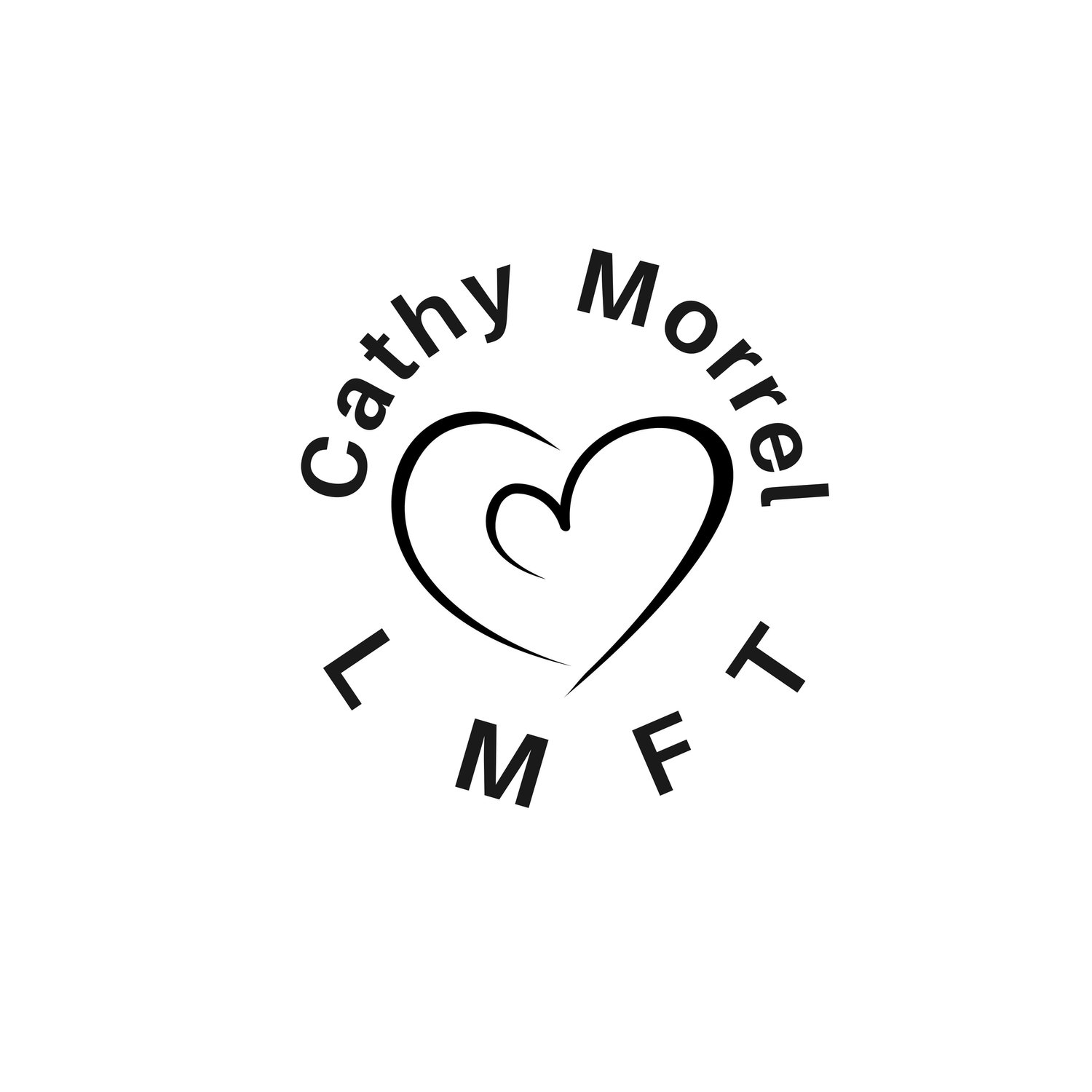Handling Unsupportive Family Dynamics
Handling Unsupportive Family Dynamics: Finding Strength and Resilience in Your LGBTQIA+ Journey
As a member of the LGBTQIA+ community, it can be challenging to face unsupportive family dynamics. The lack of acceptance or understanding from loved ones can impact your mental health and overall well-being. In this blog post, we explore strategies to help you navigate unsupportive family situations and find strength and resilience in your LGBTQIA+ journey.
Facing unsupportive family dynamics can evoke a range of emotions, including sadness, anger, disappointment, or confusion. It is crucial to acknowledge and validate these feelings. Give yourself permission to experience and express your emotions, whether through journaling, talking with a trusted friend, or seeking support from a mental health professional who understands the unique challenges faced by the LGBTQIA+ community.
Setting boundaries is an important step in protecting your mental and emotional well-being. Assess your comfort level and decide what interactions or conversations you are willing to engage in with unsupportive family members. Establish clear boundaries regarding topics that are off-limits or situations that may be harmful to your well-being. Communicate your boundaries assertively and assert your right to be treated with respect.
Building a support network outside of your family is crucial when facing unsupportive dynamics. Seek out supportive friends, chosen family members, LGBTQIA+ support groups, or online communities where you can connect with individuals who understand and validate your experiences. Surrounding yourself with people who accept and celebrate your authentic self can provide the support and encouragement you need.
Sometimes, family members may be unsupportive due to a lack of knowledge or understanding about LGBTQIA+ issues. If you feel safe and willing, consider providing educational resources or having open, respectful conversations to help them gain a better understanding of your experiences and identity. However, remember that it is not your responsibility to educate or change someone's beliefs if they are unwilling to listen or be receptive.
When faced with unsupportive family dynamics, it becomes even more crucial to cultivate self-acceptance. Recognize that your worth and identity are not defined by the acceptance or validation of others, including family members. Focus on self-love, self-care, and surrounding yourself with people who uplift and affirm your true self. Engage in activities that bring you joy, celebrate your achievements, and honor your authenticity.
Navigating unsupportive family dynamics can be emotionally challenging and may require professional guidance. Consider seeking support from mental health professionals who specialize in LGBTQIA+ issues and family dynamics. They can provide a safe and nonjudgmental space for you to process your feelings, develop coping strategies, and navigate the complexities of unsupportive family dynamics.
While your biological family may be unsupportive, remember that you can create your own supportive network through chosen family. Chosen family consists of friends, mentors, or community members who provide the love, acceptance, and support that you deserve. Cultivate relationships with individuals who celebrate your identity and become a part of your support system.
Navigating unsupportive family dynamics as an LGBTQIA+ individual can be challenging, but it is possible to find strength and resilience in your journey. By acknowledging your feelings, setting boundaries, seeking support, educating and advocating when appropriate, cultivating self-acceptance, seeking professional guidance, and creating your own supportive network, you can navigate these challenging situations with greater empowerment and well-being. Remember, you are not alone, and there is a community that embraces and celebrates your authentic self.

